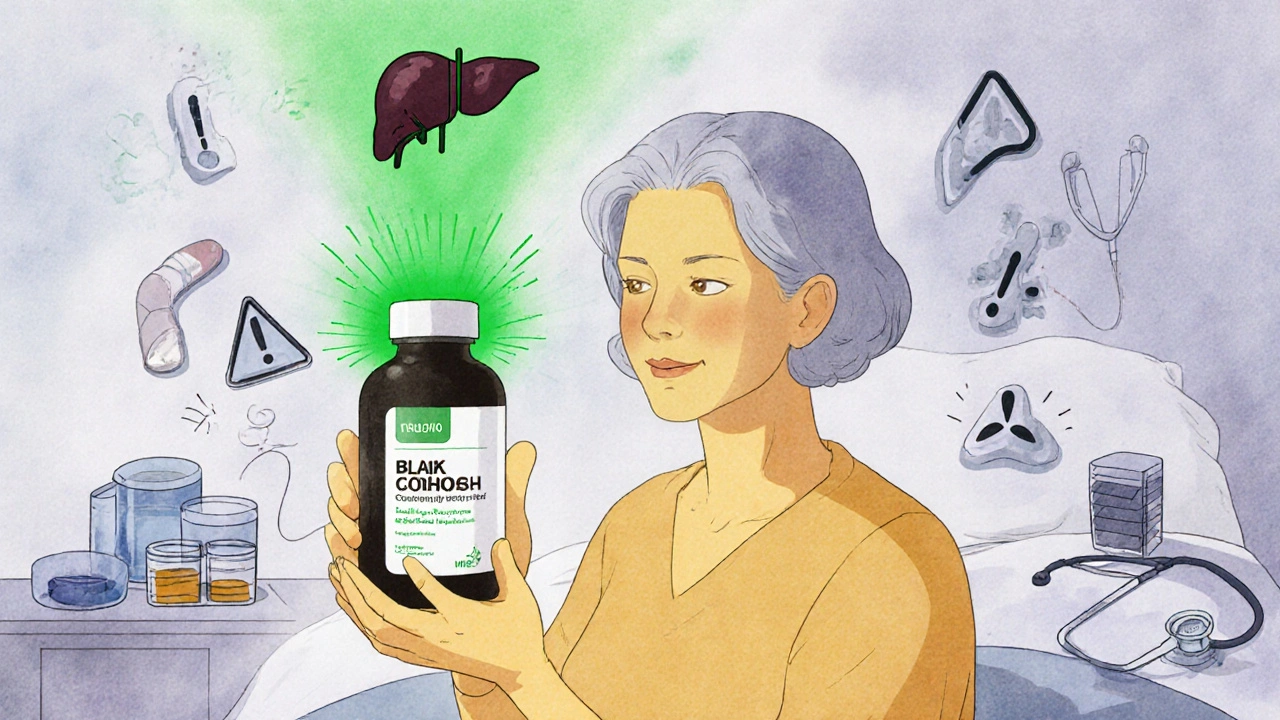Supplement Interactions: What You Need to Know Before Taking Them
When you take a supplement interaction, a harmful or unexpected reaction between a dietary supplement and a medication, food, or another supplement. Also known as herb-drug interaction, it can turn a harmless pill into a health risk. Many people assume that because something is "natural," it’s safe to mix with anything. But that’s not true. Feverfew can thin your blood like aspirin—and if you’re already on warfarin, that’s a recipe for trouble. St. John’s Wort can make your antidepressant useless or trigger serotonin syndrome. These aren’t rare cases. They show up in ERs every week.
Supplement interactions don’t just happen with prescription drugs. They also happen between supplements themselves. Calcium and iron compete for absorption—you can’t take them together and expect either to work. Magnesium might help you sleep, but if you’re on a blood pressure med, it could drop your pressure too far. Even common vitamins like K, E, and C can interfere with how your body processes meds. The herbal supplements, plant-based products used for health benefits, often sold without regulation are especially risky because their strength varies by brand, batch, and country of origin. One bottle of green tea extract might have 100mg of active compounds; another might have 500mg. No one’s checking.
And it’s not just about what you’re taking—it’s about who you are. Older adults on five or more meds are at highest risk. People with liver or kidney problems can’t clear these compounds the way a healthy body can. Even something as simple as grapefruit juice can mess with how your body breaks down dozens of drugs. The vitamin interactions, how dietary vitamins affect the absorption, metabolism, or effectiveness of medications are often invisible until it’s too late. That’s why so many people don’t tell their doctors what they’re taking. They think it’s not medicine. But if it changes how your body handles a drug, it is.
You don’t need to stop all supplements. You just need to know what’s safe in your situation. The posts below cover real examples: how feverfew affects blood thinners, why trazodone needs careful timing with sleep aids, and how calcium acetate behaves with other kidney meds. You’ll find guides on checking for hidden risks, what to ask your pharmacist, and how to spot the early signs of a bad reaction. No fluff. No theory. Just what works—and what could hurt you.

Natural Remedies and Supplements for Side Effects: What’s Backed by Evidence
Natural remedies and supplements aren't always safe - many cause serious side effects or dangerous drug interactions. Learn which ones have real evidence, which ones to avoid, and how to protect yourself.
